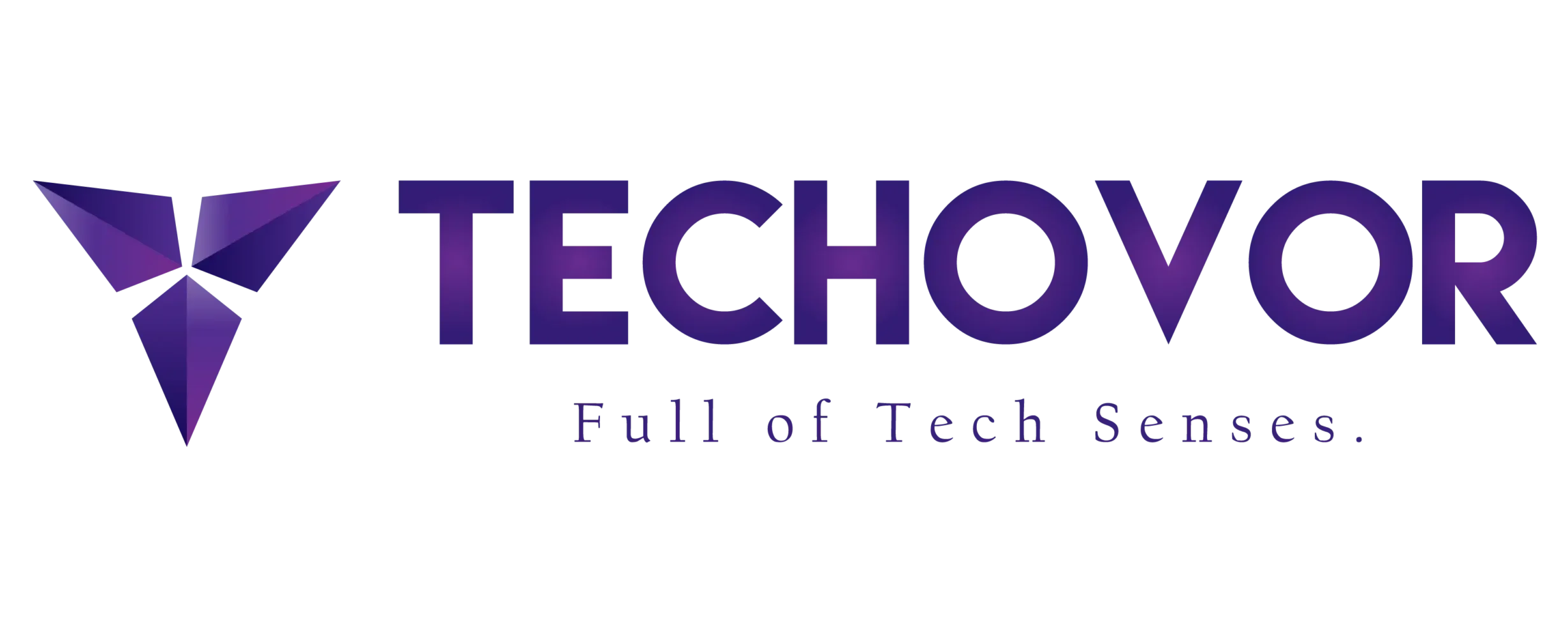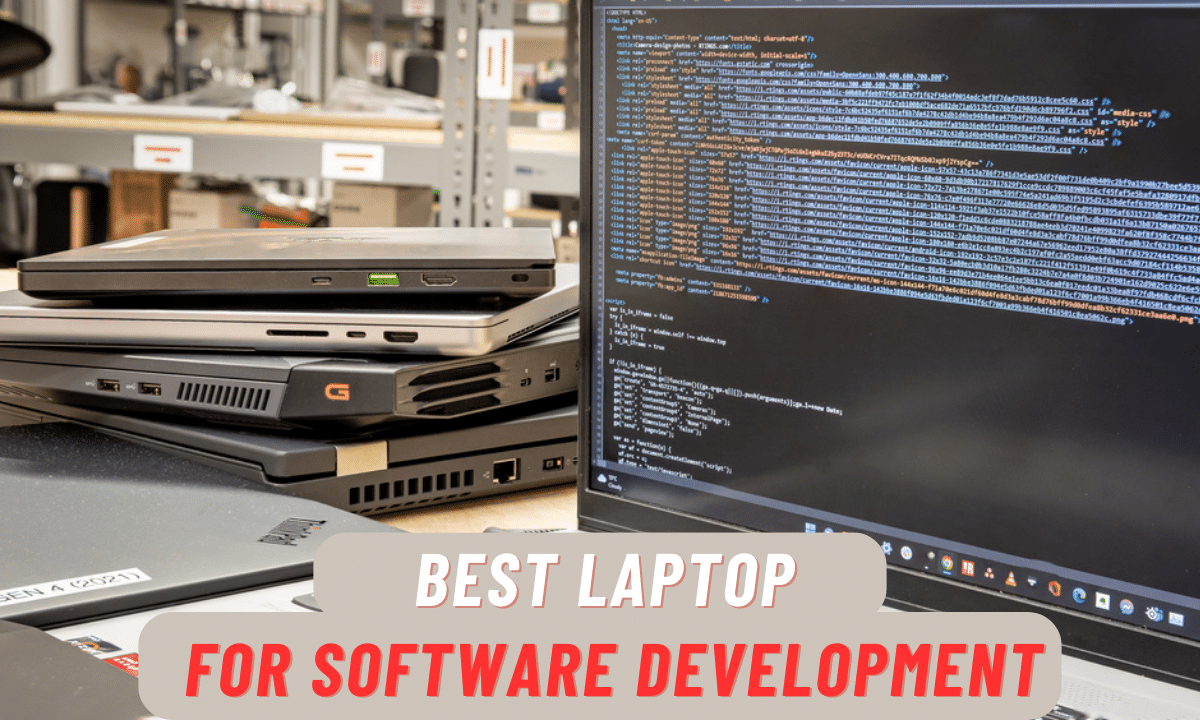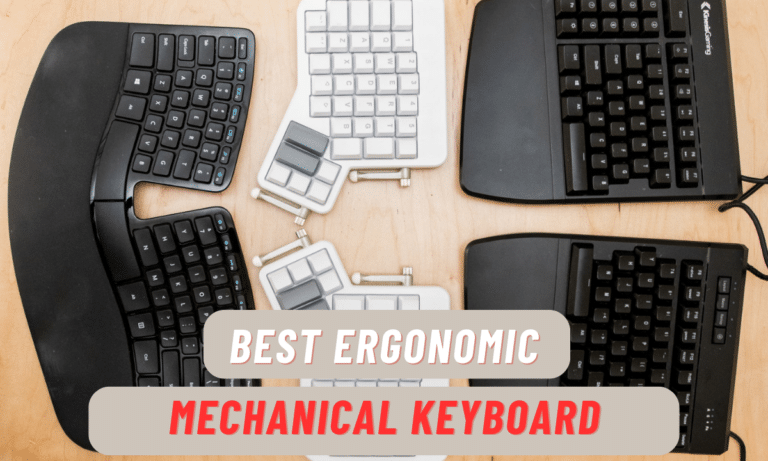Best Laptop For Software Development
The laptop you choose to code on can make or break your productivity. When developing software, you need a machine you can rely on to keep up with your creative process without slowing you down. Choosing the best laptop for software development starts with considering your needs as a user.
Best Laptop For Software Development:
In the end, the best laptop for software development is one that meets your unique needs as a user while providing the reliability, performance and comfort to fuel your creativity for years to come. Choose wisely – your laptop is an extension of your craft.
Our Top Picks: Best Laptop For Software Development
We have come up with the best laptops for coding and programming needs. Select the one which suits you the most.
1. The Dell XPS 15 (9510)- Best Coding Laptop

The Dell XPS 15 impresses with its stunning design and formidable performance. Its build quality is exceptional, ensuring durability for on-the-go software development. The large and comfortable keyboard promotes seamless coding sessions, and the precision trackpad supports intuitive navigation.
Performance-wise, the XPS 15 shines with Intel’s powerful processors, ensuring smooth multitasking and efficient compilation of code. The option for up to 64GB of RAM caters to demanding programming tasks.
The available graphics options, including Nvidia GeForce RTX 3050/3050 Ti, provide ample power for content creation and moderate gaming during breaks.
The display choices are equally remarkable, with options for high-resolution IPS or OLED panels. Both offer excellent color reproduction, although color accuracy may not satisfy professional photo editors. The XPS 15’s audio quality is remarkable, thanks to its impressive speakers that produce clear and detailed sound.
However, the laptop falls short in port variety, offering a limited selection that may require additional adapters for certain peripherals. The Dell XPS 15’s luxurious design and powerful performance come with a premium price tag.
While its higher price point may be a consideration, the XPS 15’s capabilities and features justify the investment for professionals seeking a high-performing laptop for their development tasks.
The Dell XPS 15 boasts an exquisite design, meticulously crafted from CNC-milled aluminum that exudes a sense of luxury, coupled with a carbon fiber keyboard deck that adds a touch of elegance to its appearance.
The impressive keyboard enhances the overall user experience, offering a spacious and comfortable typing area with consistent and responsive keystrokes, making it particularly well-suited for prolonged coding sessions.
Adding to its allure, the laptop surprises with its superior audio quality, emanating from its high-quality speakers that produce clear and detailed sound, enriching the multimedia and entertainment experience.
Why you should buy Dell XPS 15 (9510?
The Dell XPS series has a reputation for delivering luxury and performance, and the latest Dell XPS 15 (9510) certainly lives up to that legacy. Boasting an elegant design and powerful internals, this laptop proves to be a top contender for software development tasks. It is an ideal choice for software development, thanks to its elegant design, powerful performance, and stunning display options.
2. HP Spectre x360- Best Laptops For Programmers

The HP Spectre x360 13.5 (2022) is a sublime blend of style, power, and innovation, making it the perfect choice for software developers seeking top-tier performance and versatility.
The HP Spectre x360 13.5 impresses from the moment you lay eyes on it. Its sleek aluminum chassis, available in different colors, radiates a sense of luxury and durability. The 3:2 aspect ratio OLED touch screen is a standout feature, offering immersive visuals and accurate colors, making it well-suited for a wide range of tasks, from content creation to movie streaming.
Under the hood, the laptop is powered by the Intel Core i7-1255U processor, delivering solid performance for everyday computing, multitasking, and even some light gaming. The 16GB of RAM ensures smooth operation, and the 1TB of storage provides ample space for your files, projects, and applications.
Connectivity options are versatile, thanks to the USB-C mini-dock included in the package. While the lack of an HDMI port is noticeable, the mini-dock compensates by providing an HDMI output, USB-A ports, and more, making it easy to connect to external displays and peripherals.
The webcam’s innovative features, including various aspect ratios and lighting correction, enhance the quality of video calls and conferencing. The camera also offers an appearance filter, which can be useful for virtual meetings or presentations.
While the keyboard layout and missing HDMI port may be minor drawbacks, the overall package is highly compelling, earning it a well-deserved spot as one of the top contenders in the premium laptop market.
The absence of an HDMI port might be a drawback for some users, even with the inclusion of the mini-dock. While the keyboard is generally comfortable, some users might find the layout slightly disappointing.
Why you should buy HP Spectre x360 13.5 Laptop?
The HP Spectre x360 13.5 is a stylish and powerful convertible laptop that excels in design, performance, and display quality. Its stunning OLED touch screen, elegant build, and strong performance make it an excellent choice for professionals, students, and creatives seeking a versatile and reliable 2-in-1 device.
3. Lenovo Slim 9i- Laptop For Coding And Programming:

The Lenovo Slim 9i is a high-end ultraportable laptop designed for software developers and creative professionals. Its stunning 3:2 OLED touch screen, aluminum chassis, and powerful specs make it an excellent choice for coding and software design work.
The 14-inch 3K OLED touchscreen provides an immersive visual experience. Its 3:2 aspect ratio gives you more vertical space for code, and the OLED panel delivers vibrant colors and deep blacks. The aluminum body exudes elegance and durability, while the slim profile and lightweight design allow for easy portability.
Under the hood, an Intel Core i7 processor paired with 16GB of RAM ensures smooth performance for coding, multitasking and visualization tasks. The 1TB SSD provides ample storage, and the USB-C mini-dock expands connectivity.
The long battery life supports extended coding sessions away from an outlet. The Lenovo Slim 9i offers a luxurious experience for software developers seeking a stylish yet capable laptop.
Why you should buy a Lenovo Slim 9i Laptop?
The Lenovo Slim 9i’s combination of performance, design and features make it a strong option for software developers seeking an ultraportable laptop with a luxurious experience. The stunning OLED display, aluminum chassis and powerful specs provide an optimal environment for coding and software design work, while the premium design touches offer a sense of luxury.
4. Dell Inspiron 15 (3525)- Best Laptop For Software Developers

The Dell Inspiron 15 (3525) represents the essence of an affordable budget laptop, catering to the mass market with its straightforward design and components.
While it holds up as a serviceable option for basic tasks, its lacklustre performance and features pale in comparison to its midrange competitors, leaving much to be desired in the realm of innovation.
The Dell Inspiron 15 (3525) delivers a no-frills budget experience, offering the essentials without pushing the boundaries of innovation. While it may satisfy those seeking basic functionality, its lack of standout features and underwhelming performance leave it overshadowed by more compelling alternatives.
The Dell Inspiron 15 (3525) embodies the essence of an affordable budget laptop, catering to the wider market with its straightforward design and basic components.
While it stands as a serviceable option for fundamental tasks, its performance and features fall short compared to its midrange counterparts, leaving room for improvement in terms of innovation.
Equipped with a 15.6-inch 1080p display featuring an anti-glare finish and a 120Hz refresh rate. The display lacks vibrancy, color depth, and contrast, making it better suited for productivity than multimedia consumption.
Features a variety of ports, including USB 2.0, USB 3.2 Gen 1, USB-C, HDMI 1.4, and a card reader.
Notably lacks keyboard backlighting, which can be inconvenient in dimly lit environments.
Achieves respectable scores in PCMark 10 productivity benchmark, suitable for everyday tasks. Falls behind competitors such as the ZenBook 13 and HP Pavilion Plus due to inferior specifications.
The Dell Inspiron 15 (3525) delivers a no-frills budget experience, providing essential functionality without pushing the boundaries of innovation. While it may satisfy those seeking basic tasks, its lacklustre features and underwhelming performance put it at a disadvantage against more compelling alternatives.
5. Asus VivoBook F510UA: Affordable 15-inch Laptop

The Asus VivoBook F510UA stands out in the realm of affordable 15-inch laptops. While most budget options compromise on screen size, this laptop offers a spacious display at a reasonable price.
With a stylish design and an eighth-generation Intel Core i5 processor, it delivers competitive performance.
However, its battery life falls short and it lacks certain features, like an SSD and touch support, which might affect its overall appeal.
The Asus VivoBook F510UA offers a spacious 15.6-inch Full HD display at an affordable price, standing out among budget laptop options. Its modern design and eighth-generation Intel Core i5 processor provide decent performance for regular tasks. However, the laptop has some limitations that buyers should consider.
The VivoBook F510UA features a sleek design with a distinctive gunmetal blue plastic enclosure. The 15.6-inch display produces a bright and crisp image thanks to the Full HD resolution.
The matte finish reduces glare and reflections, while the narrow screen bezels give it an elegant look. An eighth-generation Intel Core i5-8250U processor and 8GB of RAM provide good multitasking performance.
The 1TB hard drive offers ample storage, though loading times can be slow. The cooling fan keeps noise levels acceptable during intensive tasks and video streaming.
Its audio output is sufficient for small rooms and media consumption, though it lacks bass. Integrated graphics limit gaming to casual browser-based titles.
The Asus VivoBook F510UA manages to offer a 15.6-inch display at an attractive price point, setting it apart from other budget laptops.
Why you should buy an Asus VivoBook F510UA laptop?
The Asus VivoBook F510UA offers an attractive design and competitive performance for the price. Its stylish design and competitive performance make it a compelling option for everyday tasks.
How to Choose The Best Laptop For Software Development?
Now that we’ve established the significance of a capable laptop, let’s delve into the essential factors to consider when selecting the best laptop for software development.
Multicore Processors:
Look for laptops equipped with multicore processors, such as Intel Core i7 or AMD Ryzen series. These processors excel in handling multitasking and resource-intensive tasks.
Clock Speed:
A higher clock speed ensures swift code compilation and execution. Aim for a laptop with a base clock speed of at least 2.5GHz.
8GB Minimum:
Opt for a laptop with a minimum of 8GB RAM to ensure seamless multitasking while running development tools, IDEs, and virtual machines.
Upgrade Potential:
Consider laptops that allow RAM upgrades, enabling you to scale up your memory as your projects grow in complexity.
SSD All the Way:
Choose a laptop with a solid-state drive (SSD) for lightning-fast boot times, quick application launches, and responsive file operations.
Storage Capacity:
Aim for at least 256GB of storage space to accommodate your development tools, libraries, and project files.
Full HD Resolution:
A 15.6-inch laptop with a Full HD (1920×1080) resolution offers an optimal balance between screen real estate and portability.
Color Accuracy:
For design-oriented development, consider laptops with accurate color representation, making UI/UX design and image editing tasks a breeze.
Responsive Keyboard:
A comfortable and responsive keyboard is essential for long coding sessions. Look for laptops with well-spaced keys and good key travel.
Backlighting:
Backlit keyboards facilitate coding in dimly lit environments and add a touch of style.
Extended Battery:
Choose a laptop with all-day battery life to ensure uninterrupted coding sessions, especially when working in environments without easy access to power outlets.
Slim and Lightweight:
Opt for a laptop that strikes a balance between performance and portability, making it easy to carry to coffee shops, co-working spaces, or coding meetups.
Build Durability:
A sturdy build ensures your laptop can withstand the rigors of daily commutes and occasional bumps.
Windows, macOS, or Linux:
Select an operating system based on your familiarity and software compatibility. Windows and Linux are popular choices for coding, while macOS appeals to developers in the Apple ecosystem.
Value for Money:
Consider laptops that offer a competitive price-to-performance ratio, allowing you to get the most bang for your buck.
Upgradability:
Choose laptops that offer component upgradability, such as RAM and storage, to extend the lifespan of your coding companion.
FAQs:
Which is better for coding: Mac or PC?
The choice between macOS and Windows depends on your preferences and requirements. macOS, built on Unix, is developer-friendly due to its compatibility with many web and database servers. Windows offers a similar experience with PowerShell but lacks some advantages of macOS, such as enhanced security features.
What screen size should I consider for a programming laptop?
Common laptop screen sizes range from 11 to 17 inches. For programming, a screen size of 13 or 15 inches with Full HD (1920 x 1080 px) resolution is optimal. It's also important to factor in brightness, contrast, color accuracy, and viewing angles for a comfortable coding experience.
What technical specifications are essential for coding on a laptop?
For efficient coding, look for a laptop with an AMD CPU featuring at least a quad-core and clock speed of 3GHz or higher. A minimum of 8GB RAM is recommended, along with a 500GB standard hard drive or a 250GB solid-state drive. Opt for a monitor with 1080p resolution or higher, and consider using multiple screens for enhanced productivity.
Can I use a gaming laptop for software development?
While gaming laptops often offer powerful hardware, they may not always be optimized for software development tasks. It's important to prioritize factors such as processing power, RAM, and storage speed over flashy graphics for coding purposes.
Should I choose a Windows laptop or a MacBook for software development?
Both Windows and macOS offer robust environments for software development. The choice depends on your personal preference, familiarity with the operating system, and software compatibility. Windows laptops are generally more budget-friendly, while MacBooks are popular among developers in the Apple ecosystem.
Conclusion:
In the world of software development, your laptop is more than a tool; it’s a gateway to innovation, creativity, and problem-solving. By following this comprehensive buying guide, you’re equipped to make an informed decision that aligns with your coding needs and aspirations.
Remember, the best laptop for software development isn’t just about impressive specifications; it’s about finding the perfect synergy between hardware, software, and your coding prowess.
So, go forth, select your coding partner wisely, and start your journey where lines of code transform into digital masterpieces.
We would love to hear about your laptop selection for the software development process and how it has impacted your coding journey. Share your thoughts and experiences in the comments below. Your insights could inspire fellow developers on their quest for the ultimate coding companion. Happy coding!







